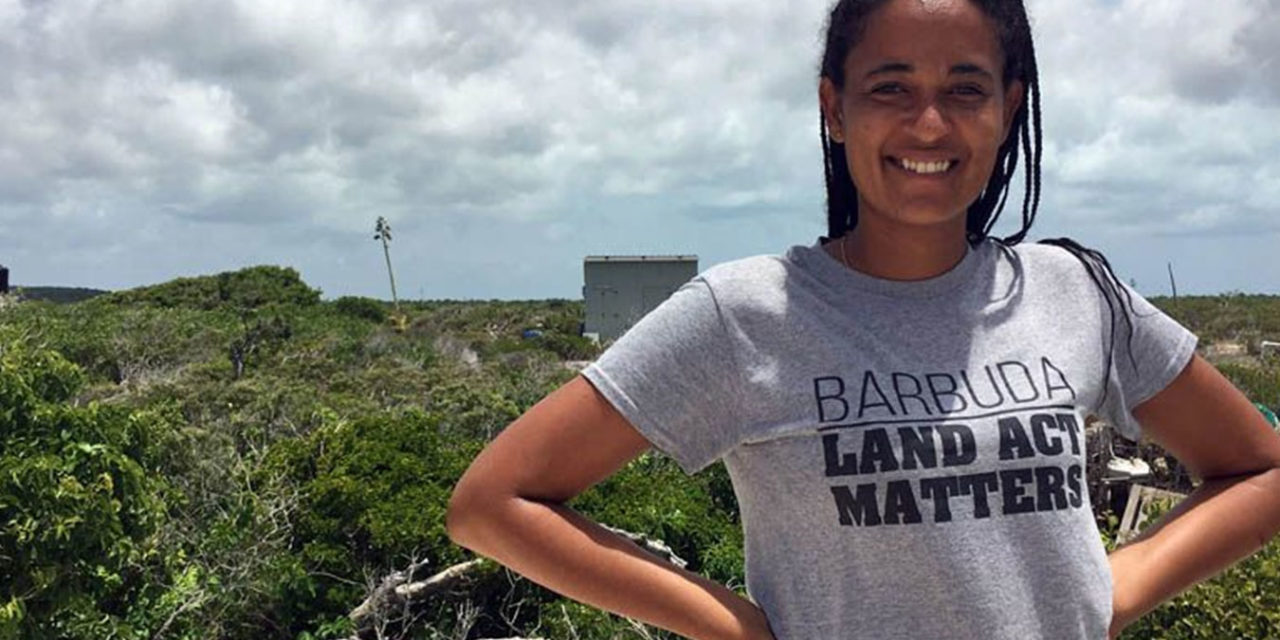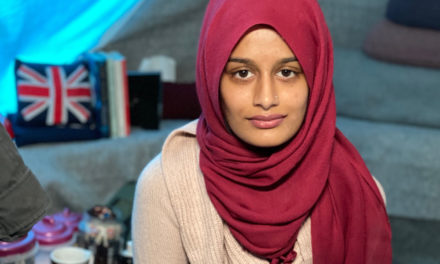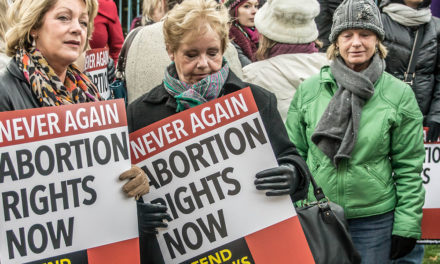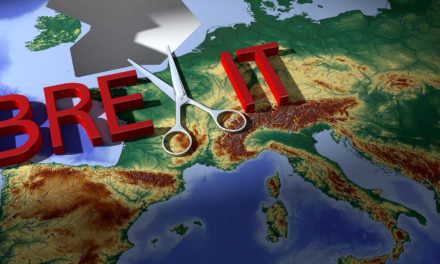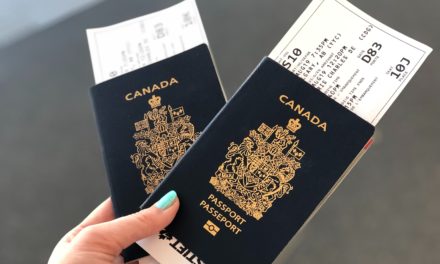Since Hurricane Irma devasted Barbuda in September 2017, citizens of the Caribbean Island have been resisting a government attempt to privatise all property which since the end of the slave trade has been held in common ownership.
Compared to Antigua, its more powerful neighbour in the twin-island Caribbean state, Barbuda has remained undeveloped, the BBC reports.
Since the emancipation of the slaves in the nineteenth century, Barbudans have leased the land they live on, farm and use for business.
Just before the British granted the twin Island nation independence in 1981, the Barbudans lobbied London for autonomy from Antigua, in part to protect their unique land rights, but they were unsuccessful.
There are a few small hotels and guesthouses on Barbuda but compared to most Caribbean islands it has not been developed for tourism. Now it looks as if things might change.
Hurricane Irma was the Catalyst
95% of infrastructure on Barbuda was damaged by Hurricane Irma, and less than a week afterwards Gaston Browne, the Prime Minister of Antigua and Barbuda, announced that he wanted all land on Barbuda to be privatised. He suggested that Barbudans pay a nominal Eastern Caribbean $1 for the deeds to the land they are living on.
However, most Barbudans were against this idea. The authorities in Antigua are determined that Barbuda improve its economic prospects and just a few days after Irma had devasted the island, work continued on Barbuda’s new international airport, despite the fact that the island was in ruins without even any electricity.
John Mussington, the headteacher at Barbuda’s main secondary school, began a legal challenge in the courts against the airport. Many on the island see economic progress as a backwards step.
“I have a problem with the amount of rich homes that are coming and the fact that there will be no way for us to make money other than going to work for somebody else. I suppose a few of those rich people might come and see what the locals eat, but I don’t think we’ll get a big cut of the pie,” Jacklyn Beazer Desouza, whose restaurant was destroyed by Irma, and now flips burgers for sale in her garden, told the BBC.
“Who’s Grabbing the Land?”
In 2018, the government in Antigua repealed the Barbuda Land Act of 2007 that gave legal protection to the communal land set up on Barbuda. The move, so far, has been held up in the courts, after a legal challenge against the government, that claims forced privatisation is unconstitutional.
No property of any description should be expropriated by any person. We’re saying it’s an expropriation by the government to repeal the 2007 Barbuda Land Act. What the government wants to do is to develop Barbuda with foreign investment. But not every one of the Caribbean islands can be a development Mecca,” said Justin Simon QC.
The government denies it is involved in a land grab and says the land in Barbuda is in any case owned by the state, who are now seeking to sell it to Barbudans.
“Who’s grabbing the land? The land is being sold to Barbudans. The government is in the process right now of setting up a land registry for Barbuda. All land in Barbuda belongs to the government,” said Dean Jonas, the minister in charge of agriculture, fisheries and Barbudan affairs.
Not everybody on Barbuda is against the changes. Hasketh Daniel who used to own a bar, which after Irma he now runs out of what was the storeroom, believes that property laws on the island must change.
He thinks that Barbudans should be able to pay significantly less for the land than any outside investors or buyers and that way the interests of the islanders will be protected.
“After Irma, we weren’t able to help ourselves – we had to depend on donors and the government to help us to rebuild. If we’re trying to protect the future, we’ve got to set laws,” he said.
Photograph from the BBC
- Why is California So at Risk from Wildfires? - 13th November 2019
- Carbon Offsetting is Growing but Does it Make a Difference? - 11th November 2019
- Three Confirmed Dead as Australia Prepares for “Catastrophic” Bushfires - 11th November 2019

